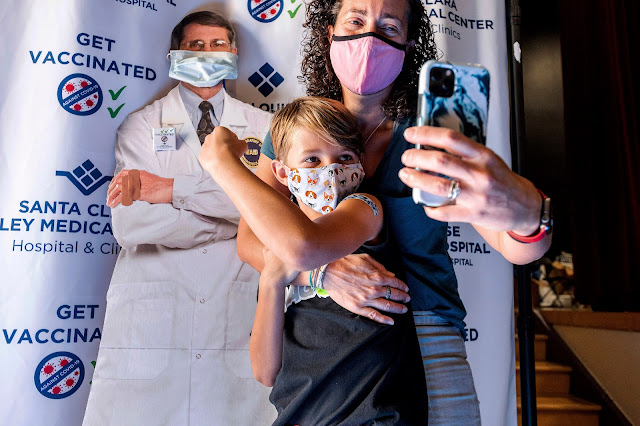9 Tips To Keep Your Lungs Strong And Healthy?
Introduction
Having strong and healthy lungs is crucial for overall well-being and quality of life. Strong lungs enable us to breathe efficiently, enhance endurance during physical activities, and reduce the risk of respiratory illnesses. While some lung conditions are beyond our control, there are several lifestyle choices and habits that can significantly contribute to lung health. In this article, we will explore nine effective ways to maintain stronger lungs and improve respiratory function.
Don't Smoke and Avoid Secondhand Smoke
Smoking is the leading cause of preventable lung diseases such as chronic obstructive pulmonary disease (COPD) and lung cancer. If you smoke, the best thing you can do for your lungs is to quit immediately. Additionally, avoid exposure to secondhand smoke, as it can be just as harmful. Clean air is vital for lung health, so ensure that your living spaces are smoke-free.
Engage in Regular Physical Activity
Regular physical activity, such as brisk walking, running, swimming, or cycling, can significantly improve lung function. Exercise strengthens respiratory muscles and enhances the efficiency of oxygen intake and carbon dioxide elimination. In order to keep your breathing muscles strong and healthy, implement at least twenty minutes of moderate physical activity into your daily regimen.
Practice Deep Breathing Exercises
Deep breathing exercises can help expand lung capacity and improve respiratory efficiency. Techniques like diaphragmatic breathing and pursed-lip breathing can increase oxygen flow, reduce stress, and help you breathe more effectively. Try incorporating these exercises into your daily routine to promote better lung health.
Maintain Good Indoor Air Quality
Indoor air pollution can be harmful to your lungs. Keep your living spaces well-ventilated, and use air purifiers to filter out pollutants and allergens. Avoid the use of harsh cleaning products or aerosols that can irritate the respiratory system. Regularly clean and dust your living areas to prevent the buildup of allergens.
Eat a Balanced Diet
A nutritious diet can support lung health and strengthen the immune system. Consume foods rich in antioxidants, vitamins (especially vitamin C and E), and omega-3 fatty acids. Incorporate fruits, vegetables, whole grains, and lean proteins into your meals. Such a diet can reduce inflammation, improve lung function, and enhance overall well-being.Stay Hydrated
Proper hydration is essential for maintaining healthy lungs. Drinking enough water helps thin mucus, making it easier to clear from the respiratory system. It also ensures that the airways are moist and less prone to irritation. Aim to drink at least eight glasses of water per day, more if you are physically active or live in a dry environment.
Avoid Environmental Pollutants
Exposure to outdoor pollutants like air pollution and industrial chemicals can be detrimental to lung health. When the air quality is poor, try to stay indoors or wear a mask when going outside. Limit outdoor activities during high-pollution days, and keep yourself informed about air quality levels in your area.
Get Vaccinated
Certain respiratory infections like influenza and pneumonia can have severe consequences for those with weakened lungs. To protect yourself, make sure to get vaccinated against these diseases, especially if you belong to a high-risk group, such as the elderly or individuals with underlying health conditions.
Prioritize Lung Health in Your Workplace
If you work in an environment with potential respiratory hazards, take necessary precautions. Wear protective gear, such as masks or respirators, to reduce exposure to harmful substances. Employers should also ensure adequate ventilation and safety measures to safeguard their employees' lung health.
Conclusion
Maintaining strong and healthy lungs is essential for an active and fulfilling life. By adopting these nine strategies, you can improve your respiratory function, reduce the risk of lung diseases, and enhance your overall well-being. Remember, it's never too late to start caring for your lungs – take small steps towards a healthier lifestyle, and your lungs will thank you for it!













We offer guest posts. Thank you so much for visiting my blog.